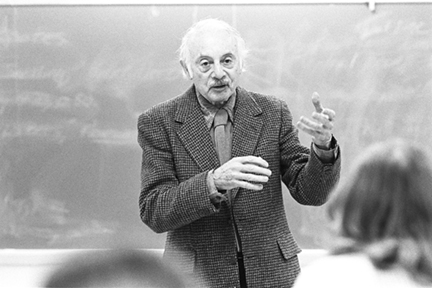 |
For this project, I’m working with Stanley Kunitz and his collection, The Poems of Stanley Kunitz: 1928-1978. What is great about this collection is that it is sorted chronologically – the newer ones first, and his early works last. This is useful because it helps to show the progression of his work from decidedly complex and seemingly difficult to create meaning from (as in “Geometry of Moods”), to work that is slightly easier to ‘understand’ and get an idea for (like “The Unquiet Ones” or “The Quarrel”). He also chose the poems himself, giving the collection an added significance. As to an overarching theme, although I haven’t read all of the poems in the collection yet, most of the ones I have read deal with being human, particularly as relates to death and living. He seems also to make use of a lot of nature-based imagery. So far, I like that the poems I’ve read have been clearly structured (but not forced into structure) and that the language is simple, but well-chosen.
The Unquiet Ones Years ago I lost both my parents’ addresses. Father and mother lie in their neglected cribs, obscure as moles, unvisited. When I put out the light I hear them stir, dissatisfied, in their separate places, in death as in life remote from each other, having no conversation except in the common ground of their son’s mind. They slip through narrow crevices and, suddenly blown tall, glide into my cave of phantoms, unwelcome guests, but not unloved, dark emissaries of the two-faced god. |